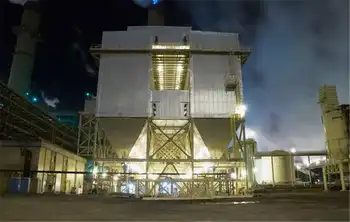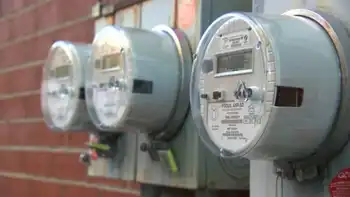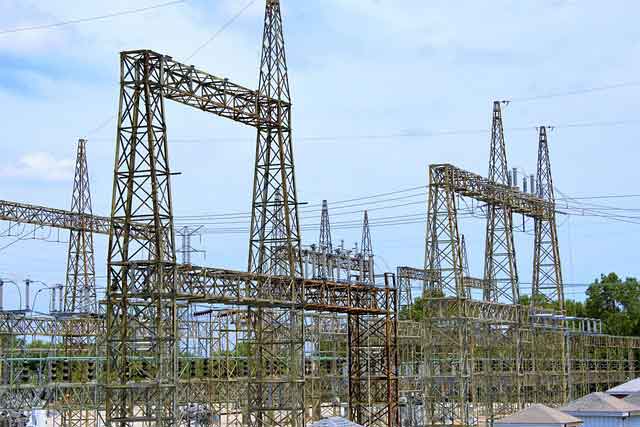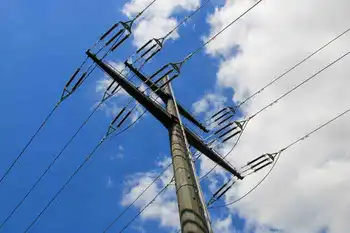UK overhauling power generation sector
LONDON, ENGLAND - The UK's coalition government is planning the largest overhaul in the country's electricity generation market in almost 30 years as it seeks to attract more than 130 billion euros US $171 billion in investments over the coming decade.
The government is proposing four interlocking policy instruments that will change the returns energy companies can expect for the power stations they build and the electricity they generate. Renewables are greatly emphasized in the proposed changes, alongside a proposed a CO2 Emission Performance Standard EPS, which will limit the amount of carbon emissions allowed per kilowatt-hour of electricity produced in fossil-fuel powered plants.
The first proposal involves long term contracts for low-carbon generation and a government-backed feed-in-tariff FiT that will top-up payments to low carbon generators if wholesale prices are too low. The new proposals follow on from the new government's publication of its 40-year new energy roadmap in July this year.
The UK faces a looming energy crisis in the next 10 years. A quarter of the country's existing generation capacity will need replacing by 2020, as older nuclear and coal-fired plants reach the end of their lives. This amounts to 19 gigawatts of power that needs replacing and which will come from a mix of renewables, new gas-fired plants and the first of the country's new nuclear power stations.
Energy and Climate Change Secretary Chris Huhne, said: "The replacement cycle — entailing some £110 billion US $170 million of investment, or more than double the normal amount in the next decade — must be in low-carbon and secure sources like renewables, nuclear, clean coal and gas if we are to meet our climate change targets.
"Left alone, the current market will not deliver these objectives at the lowest cost," Huhne continued. "All low-carbon electricity generation needs support to capture its benefits to our climate and to ensure security of supply," he added. "The true costs of unabated fossil fuels and the benefits of low-carbon electricity have to be captured in policy. Guaranteed prices for all low carbon technologies are crucial, but there will need to be extra support for young technologies like offshore wind, wave and tidal stream whose development stands a good chance of further big cost reductions."
The coalition government restated its position that there will be no special financial support for the building of nuclear power plants.
Huhne said: "There is no justification for paying extra support to nuclear, which is a mature technology. Hence our commitment that there should be no specific subsidy to nuclear."
In addition to stronger feed-in tariffs, the government is proposing a "capacity payment" designed to ensure that there is enough back-up power to handle both surges and dips in renewable power generation, namely wind.
The third policy mechanism under consideration is carbon price support, through a tax on fossil fuels, in order to make the long-term running of fossil-fuel powered plants less attractive. The fourth policy change is the introduction of the EPS.
Huhne explained: "The fourth mechanism, an emissions performance standard, is designed to fulfill the Coalition commitment that we will not countenance new unabated coal-fired electricity generation. It also sends out a powerful message, as it has done in California, about our long-term intent."
The consultation period for the policy changes is open until February, with a final decision due in March.
The government proposals were welcomed by EDF Energy's Chief Executive, Vincent de Rivaz, who said: "This is a landmark day. The announcement reflects a broad consensus that a robust carbon price and other market reforms are in the interests of consumers and the environment, minimizing the costs of meeting climate change and security of supply targets. We are looking to drive about £20 billion US $31 million worth of investment in new generation, working with our partner Centrica, to be on stream from 2018."
Related News

When paying $1 for a coal power plant is still paying too much
SAN JUAN - One dollar. That’s how much an aging New Mexico coal plant is worth. And by some estimates, even that may be too much.
Acme Equities LLC, a New York-based holding company, is in talks to buy the 847-megawatt San Juan Generating Station for $1, after four of its five owners decided to shut it down. The fifth owner, the nearby city of Farmington, says it’s pursuing the bargain-basement deal with Acme to avoid losing about 1,600 direct and indirect jobs in the area.
We respectfully disagree with the notion that the plant is not economical
Acme’s interest comes as others…




